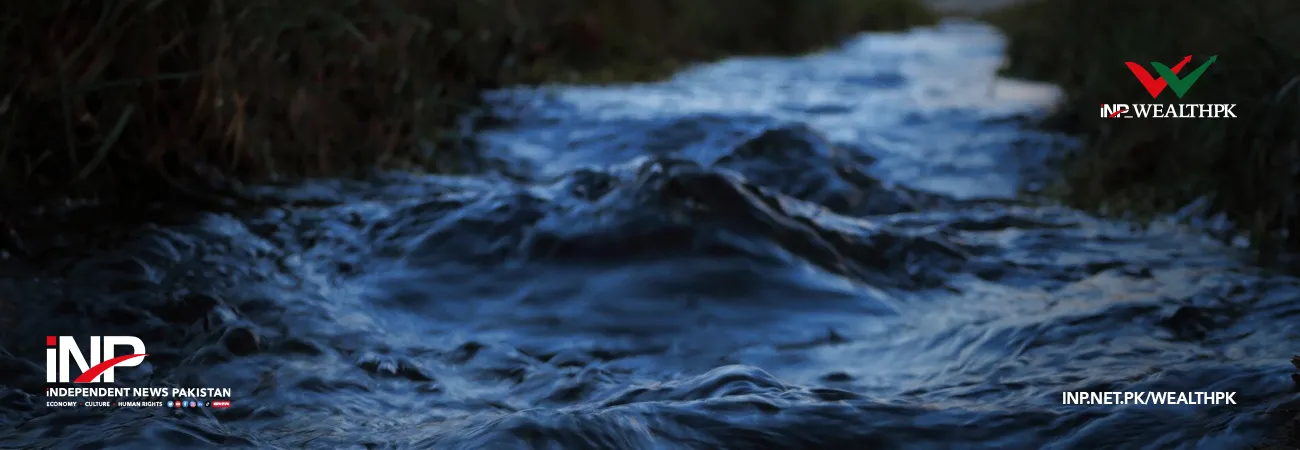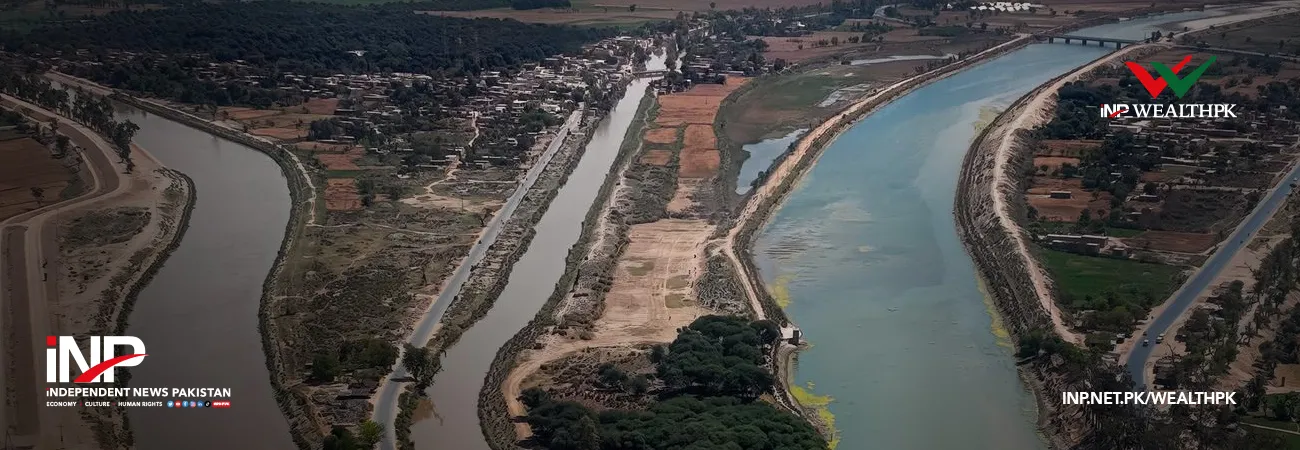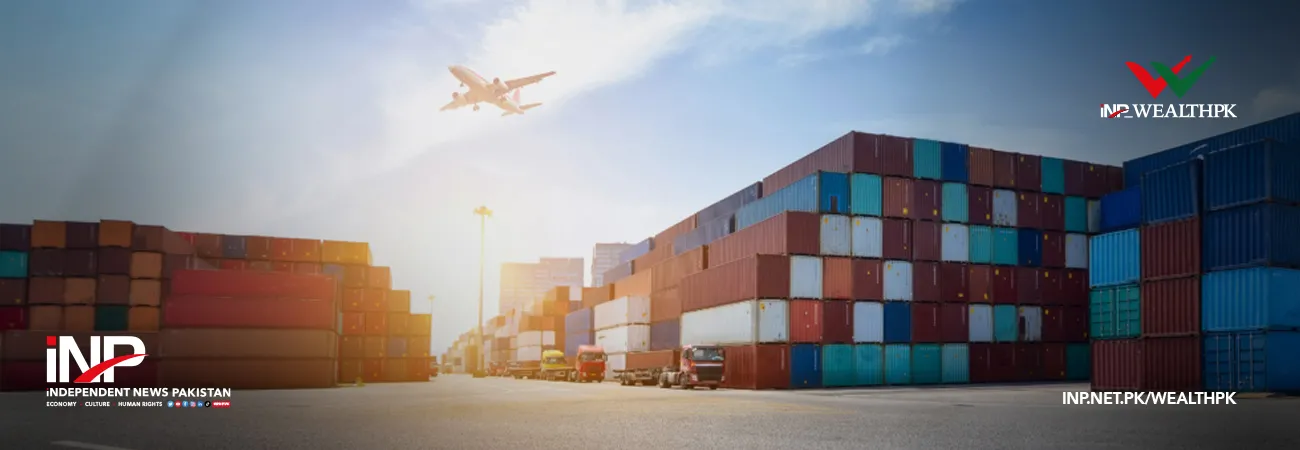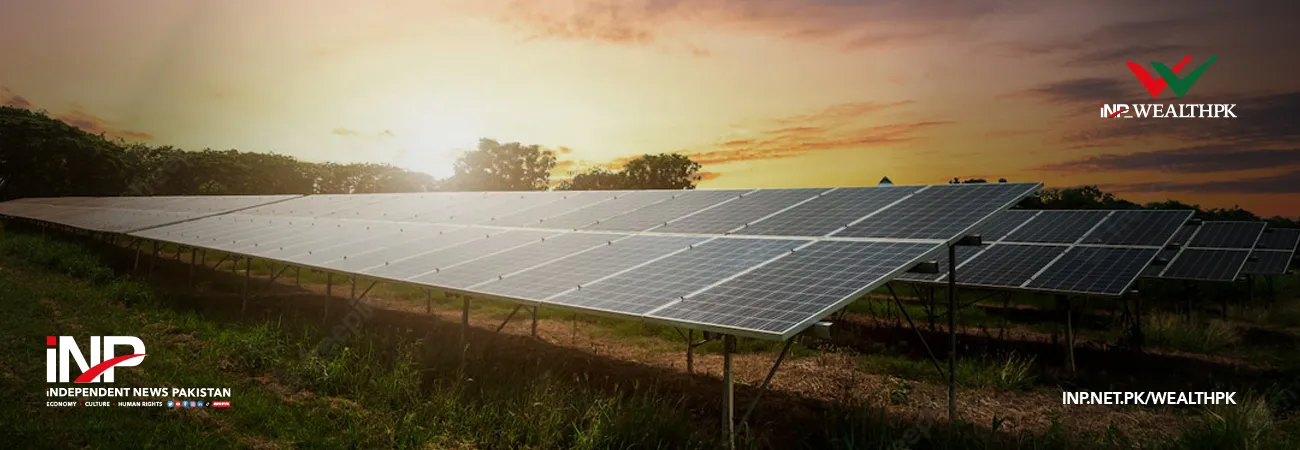INP-WealthPk
Ayesha Saba
Pakistan aims to prioritise green and decarbonised China-Pakistan Economic Corridor (CPEC) by supporting a re-direction of Chinese infrastructure investments away from emission-intensive projects and towards green investment and infrastructure projects, says an official.
Talking to WealthPK, Principal Scientific Officer Pak-NDC Secretariat Global Change Impact Studies Centre (GCISC), Ministry of Climate Change, Muhammad Arif Goheer said that as the threat of climate change become a more pressing issue globally, Pakistan’s recent policies and initiatives have strongly advocated the need for transition towards green energy resources. “A number of decisions have been taken by the pro-climate leadership of the country to enhance Pakistan’s resilience to climate change and to decarbonise the economy,” he said.
Arif said some of the main policies and strategies that testify to the government’s efforts to move towards a low carbon economy include the National Energy Efficiency and Conservation (NEEC) Act 2016, NTDC (National Transmission and Dispatch Company) Expansion Plan 2018-40, Alternate Renewable Energy Policy, National Transport Policy 2018, National Electric Vehicle Policy, NEEC Policy 2022 (Draft), Sustainable Energy For All (SEforAll), National Action Plan, Minimum Energy Performance Standards (MEPS) for Electric Motors and Fans, Energy Efficient Lighting Program – MEPS, Solarisation of Public Schools, Mosques and Public Buildings.
“Pakistan has already identified market and non-market-based approaches to help diversify the funding sources, including nature performance bonds, green/blue bonds, carbon pricing instruments, etc.,” he maintained. Arif said Pakistan encourages the private sector to play a crucial role in implementing its climate ambition across sectors.
“Pakistan is still in the early stages of developing its economy. The main barrier to sector-wise transformation is the lack of liquidity to invest in renewable energy because green financing in Pakistan is still a residual policy and not a mainstream economic policy,” he said, adding that other barriers include lack of energy efficiency measures, weak enforcement of environmental regulations, lack of awareness of environmental aspects and benefits of renewable energy resources and energy efficiency measures.
“Pakistan should develop rules for a green investment project roadmap to handle environmental and social risks of CPEC investments in order to match goals for cleaner energy projects,” he emphasised. Under CPEC, Pakistan is in the process of developing special economic zones (SEZs). The development of green SEZs may act as a roadmap for the implementation of Pakistan’s green development policy, just as SEZs in China have successfully fuelled industrial development and growth. China has emerged as a global leader in renewables and green development, and thus its renewable energy policy model can open up vistas of investment in renewables in Pakistan. Today, China is leading the world as a producer and investor in green technology and finance.
Credit: Independent News Pakistan-WealthPk













